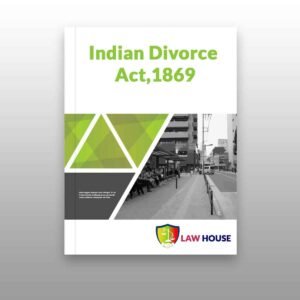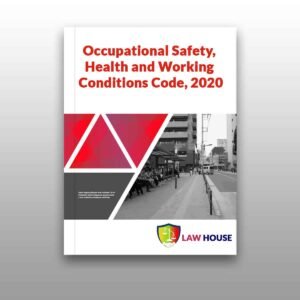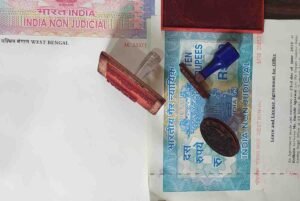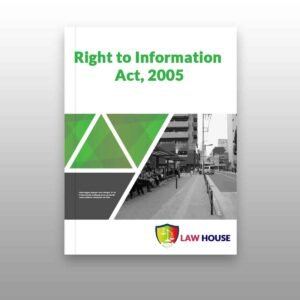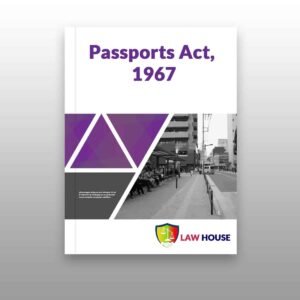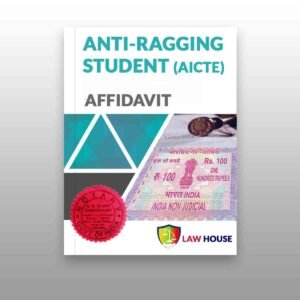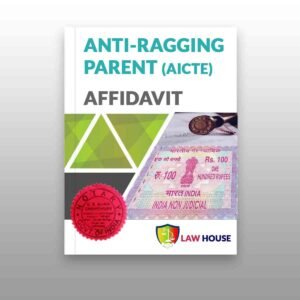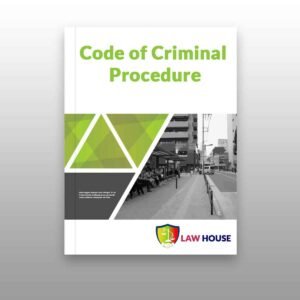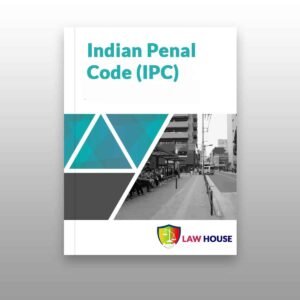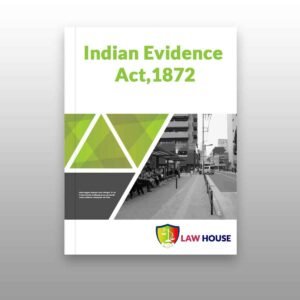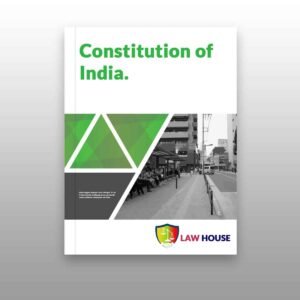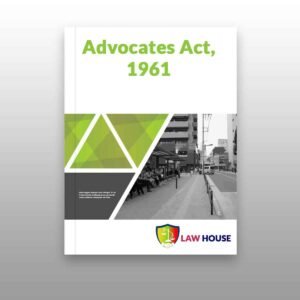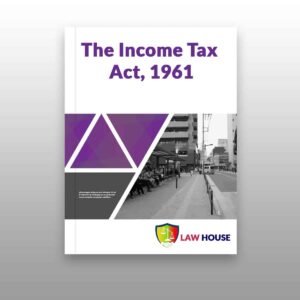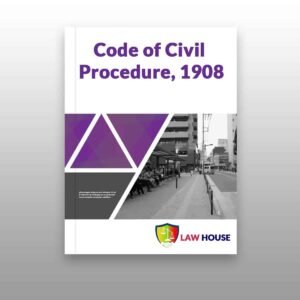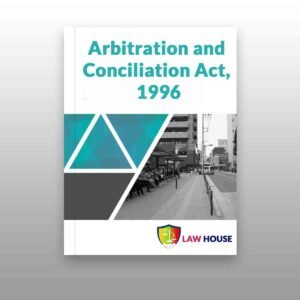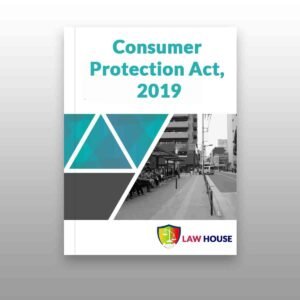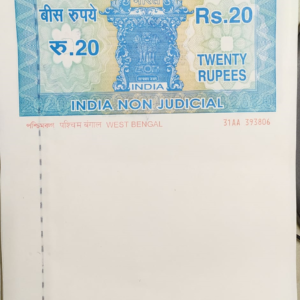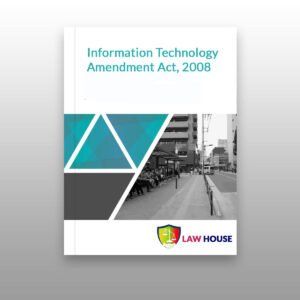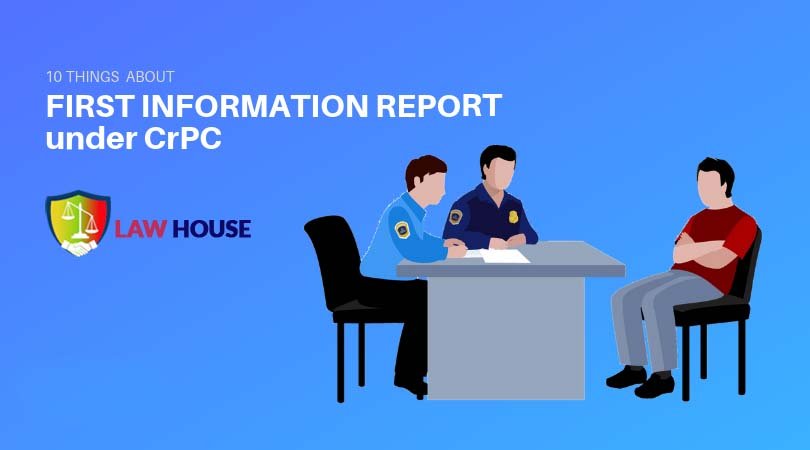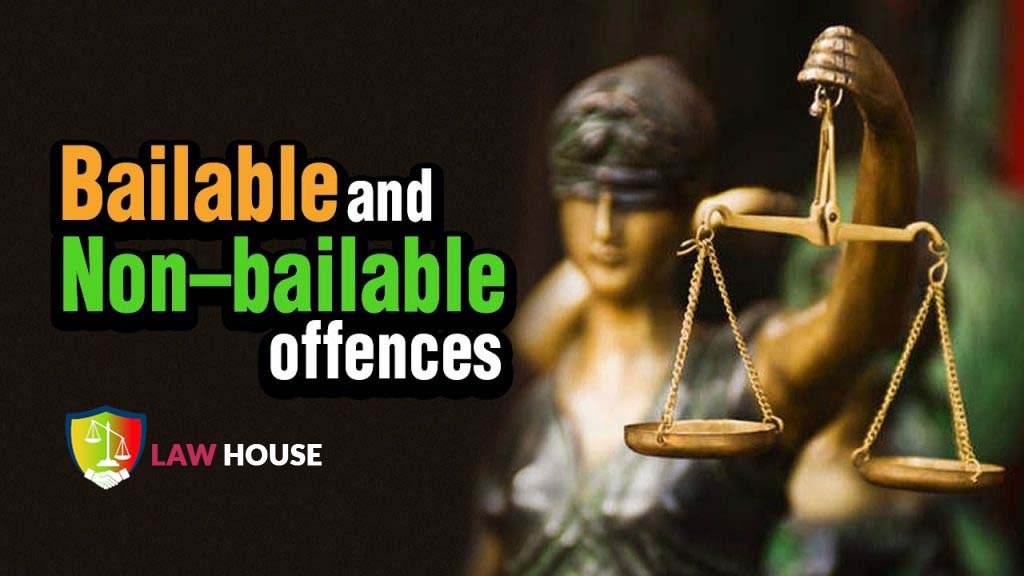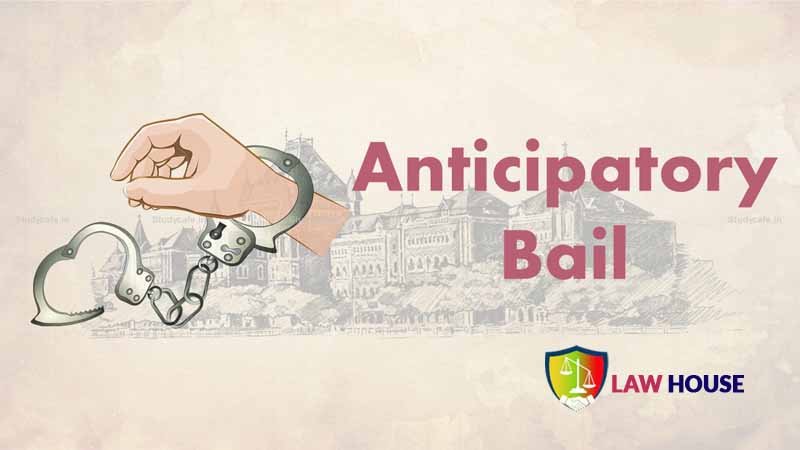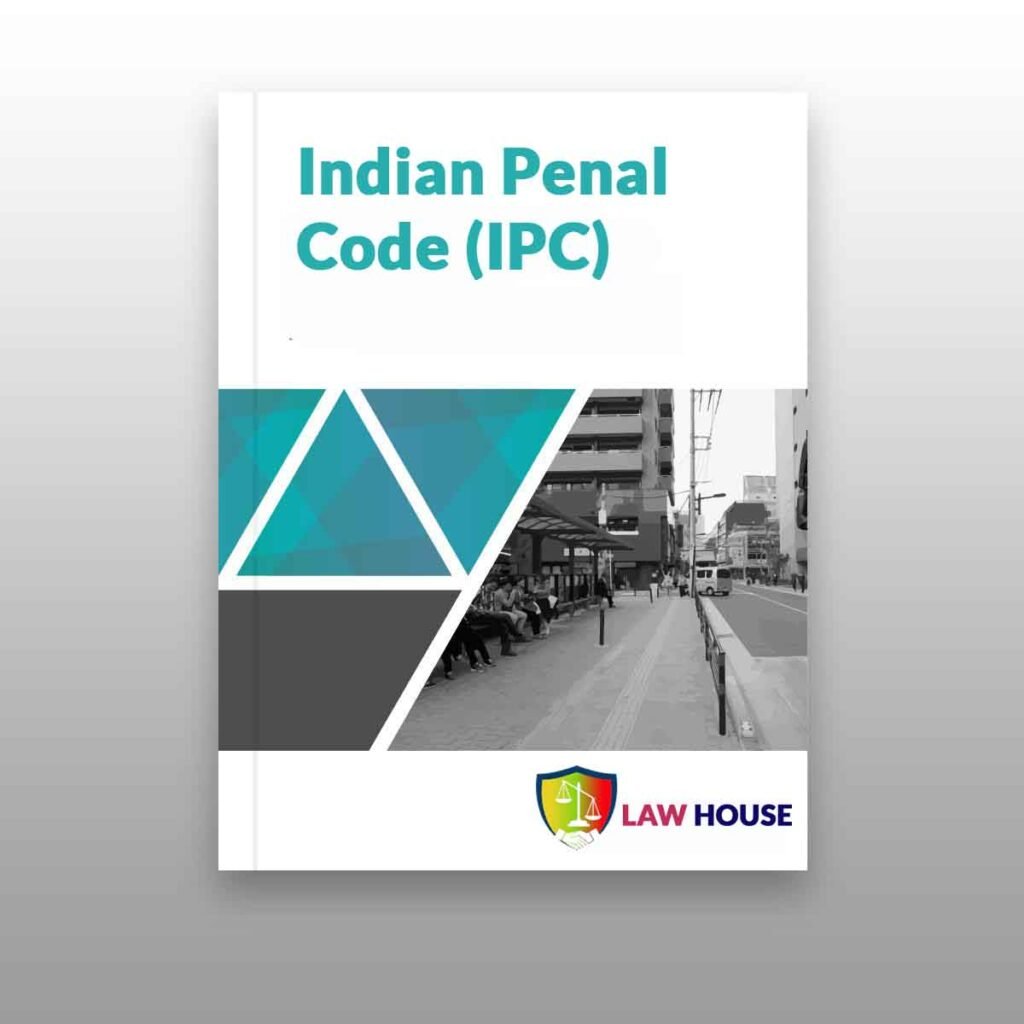What is bail?
In general terms, bail means the temporary release of a suspect in any criminal offence who is awaiting court trial after paying the bail bond. It becomes applicable after arrest and becomes effective from the moment of the arrest. An offence is any act or omission made punishable by law for the time being in force. When a suspect is arrested, his statement is taken on record and personal information such as his name, birthplace, present residential address, date of birth, profession, address of the family, mobile number, charges filed against him are noted. The police officer may also review the past criminal record if any in the police station and ask for his fingerprints to file a case against the accused.
A bail is of 2 forms-
1. Regular bail– applied under Sections- 437 and 439 of Code of Criminal Procedure.
Regular bail is granted to a person who is already in the police custody of an offence or when there are allegations on him of committing the same.
2. Anticipatory bail– applied under Section- 438 of Code of Criminal Procedure.
Anticipatory bail is applied in a condition where there is fear of arrest of the person by the police.
How and when to apply for Bail
- In case, a person is arrested he is taken to the police station to file the case.
- The police station where the suspect is taken is the one which exercises jurisdiction over the area where the suspect resides.
- To get a bail in a bailable offence, the suspect has to submit Form- 45 given in the Second schedule to the court in which his case is being heard. The police cannot grant bail without the court’s approval.
- In case, the suspect is accused of committing a non-bailable offence, he has to submit the same form before the Court in which his case is being heard, but, granting of bail is on the discretion of the court only.
- The bail amount the accused has to deposit is also on the discretion and decision of the court.
- However, in criminal cases with lower gravity, a standard amount is set by convention and practice which needs to be deposited for awarding the bail.
Related Post: How to file an FIR
Types of offences and scope of Bail in them
Bailable Offence
In case of a bailable offence, grant of bail is a right available to the accused. It may be either given by a police officer who is having the custody of Accused or by the court under whose jurisdiction the offence falls. The accused may be released on bail, on executing a “bail bond”, with or without furnishing sureties. The “Bail Bond” may consist of certain terms and conditions, For instance:
The accused cannot leave the territorial jurisdiction of the state without permission of the court or the police officer. The Accused shall give his presence before police officer every time he is required to do so. The Accused cannot tamper with the evidence whatsoever, considered by the police in the investigation. Moreover, the court also has the power to refuse bail to an accused person even if the offence is bailable, where the person granted bail fails to comply with the conditions of the bail bond.
Related Post: What is Bailable and Non-Bailable Offence
Examples of Bailable Offence
- Participating in an unlawful Assembly.
- Participating in riots and armed with a deadly weapon.
- When a public servant disobeys a direction of the law with an intention to cause injury to another person.
- If a person wears a Garb or carries a token used by public servant with a fraudulent intention.
- If a person is found bribing during election campaigns.
- If a person is found to give false statement in connection with elections.
- If a public servant refuses to take oath when he is duly required to take one.
- If a person obstructs a public servant in discharge of his public functions.
- If a person gives or fabricates a false evidence in any kind of judicial proceedings.
- If a vendor/ seller is selling any food or drink as food and drink, knowing the same to be poisonous.
- If any person causes disturbance/ nuisance in a peaceful assembly engaged in religious worship.
Non Bailable Offence
A non-bailable offence is a crime in which grant of Bail is not a matter of right but, the accused has to seek the permission of the court, and upon the discretion of the court based on the facts, bail is granted.
However, the court may generally refuse the Bail, if, the “Bail Bond” has not been duly executed, or if the offence committed is of grave nature, which imposes death punishment or life imprisonment, such as murder, rape etc. or in cases where the accused has attempted to abscond, prevent his arrest by hiding and also, when his credentials are doubtful.
The application for bail shall be filed before the Magistrate, who is conducting the trial. The application after being filed is usually listed on the next day. On such day, the application will be heard, and the police shall also present the accused in court. The magistrate may pass such orders, as he thinks fit.
Examples of Non- Bailable Offence
- Committing or even attempting to commit a murder under Section- 302 and 307 of the Indian Penal Code.
- When a person commits or attempts to commit rape defined under Section- 376 of the Indian Penal Code.
- In cases of dowry death under Section- 304 (B) of the Indian Penal Code.
- When a person voluntarily causes grievous hurt defined under Section- 326 of the Indian Penal Code.
- When a person or persons kidnap another individual defined under Section- 363 of the Indian Penal Code.
When can bail be denied/ granted
1. Bail cannot be denied unless the offence charged is of the highest magnitude and the punishment of committing it is passed by law is of extreme gravity.
2. Bail can be denied if there is a chance of the applicant obstructing with the witnesses for the prosecution or otherwise polluting the process of justice.
3. Bail can be denied if the past record of the accused who is applying for bail particularly has a bad record which suggests that he is likely to commit another serious offence while on bail.
4. Bail can be denied if the course of justice would be prevented by the person who seeks bail for the time being.
5. Bail can be denied to an accused if he has been previously convicted of an offence punishable with at least 7 years imprisonment, life imprisonment and the death penalty and/ or has been previously convicted on 2 or more occasions in cognizable offences.
Read More:
Related books:
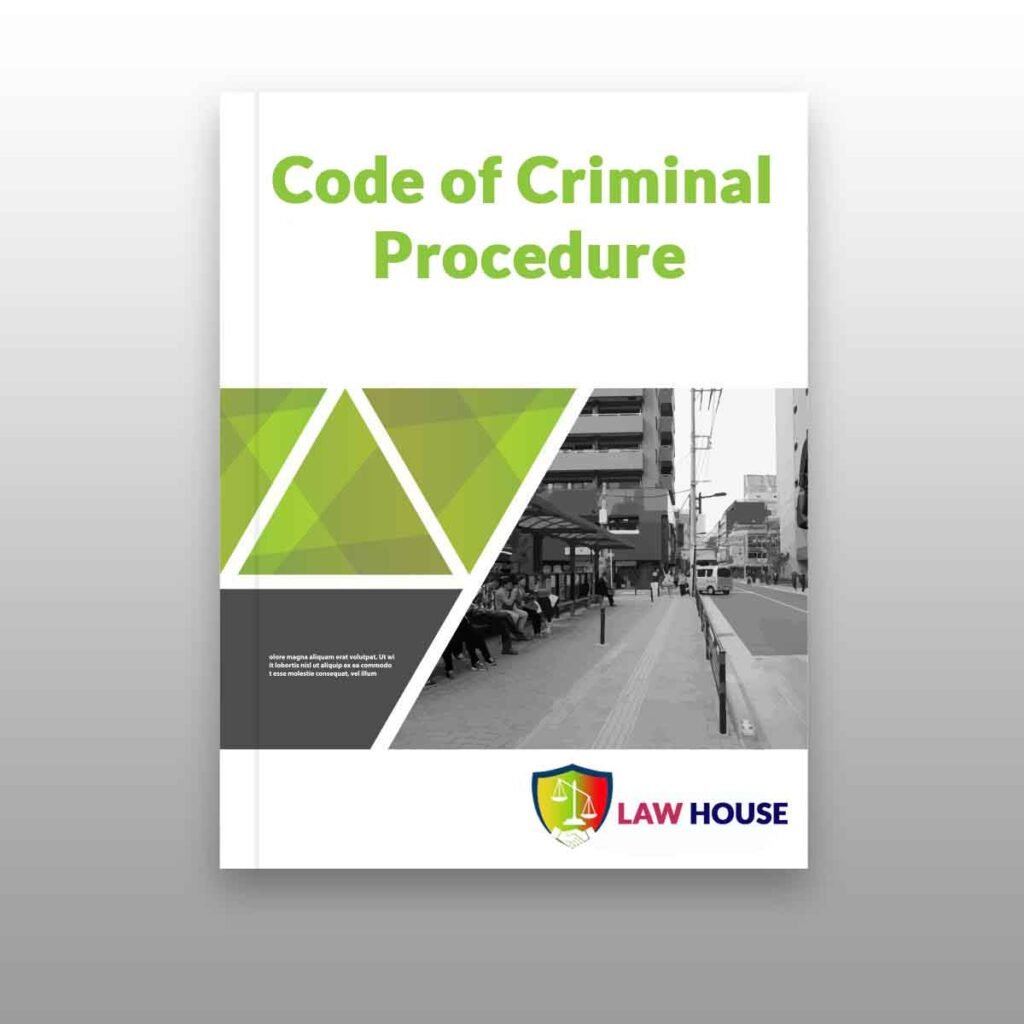











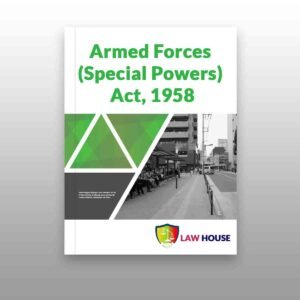
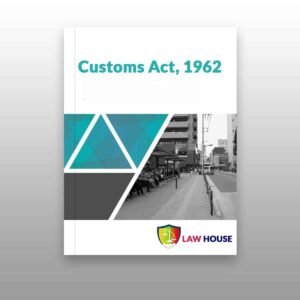

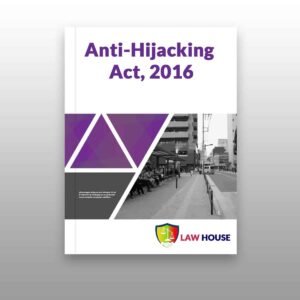
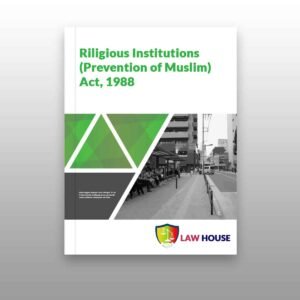


![Honey trap in Cybercrime: A to Z guide Exploring Honey Trap in Cyberspace [With Video]](https://www.lawhousekolkata.com/wp-content/uploads/Post-Images/Honey-Trap-300x169.jpg)



